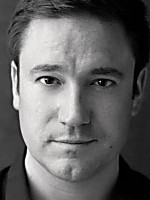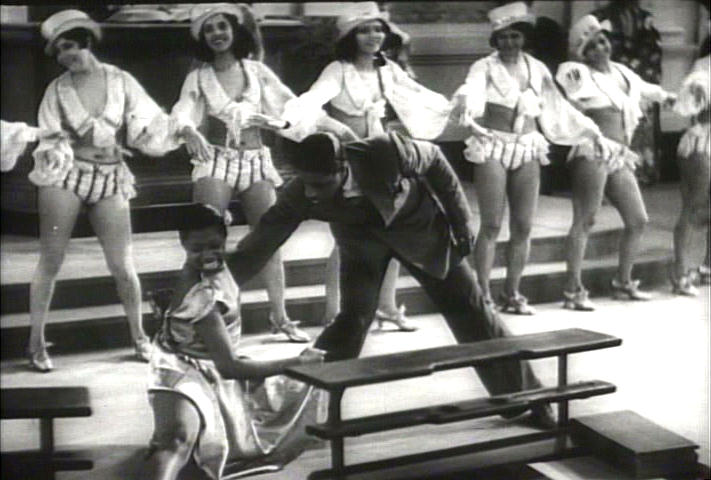

His “central faith in the intrinsic worth and infinite spiritual possibilities of every person” found its greatest expression in his role in founding and guiding the work of the American Friends Service Committee, which received the Nobel Peace Prize in 1947 for helping to feed starving Germans after WWI as well as helping with relief efforts and refugee assistance. Considered by many to be the leading Quaker of the 20 th century, Jones was an advocate for tolerance and reconciliation during a time of conflict and dissension within the community of American Friends. He authored more than 50 books and 1,000 articles on topics ranging from mysticism (on which he was a world-renowned expert) to a history of Haverford College to a compendium of Maine humor. Jones was a prolific scholar who wrote for both academic and popular audiences. (Thesis (M.A.) in History–University of Maine, 1955.A Haverford graduate, and later a professor at the college for more than forty years, Rufus Jones (1863-1948) combined a life of intellectual inquiry with a commitment to faith and to community service. The Political and Social Views of Rufus M. Friend Of Life: The Biography of Rufus M. He measured his service to his Creator with the yardstick of his service to his fellow man.īrinton, Howard H. Quaker though he was to the core, his teachings and his life’s work extended far beyond Quakerism and he became a zealous advocate of a way of life that replaces hate with kindness, suspicion with trust and fairness. Jones edited Quaker publications and traveled widely in the United States and abroad, lecturing at many colleges and universities. By 1893 be began his long tenure at Haverford College, teaching philosophy and psychology until 1934. His first paying job, in 1885, was teaching at Oakwood Seminary in Duchess County, New York. He entered Haverford College as a sophomore in 1882, one of seventy-one students at that small institution, most of them Quakers. In 1879 Rufus Jones, with a scholarship from the Providence Friends School, traveled to the city to begin a radically different life in a co-educational boarding school.

The hard working family was also deeply religious, attending “Meeting” twice a week, giving thanks at every meal, and receiving visits from other Quakers on a regular basis. Rufus Matthew Jones (1863-1948) was born in South China on Januinto a Quaker family that lived on a small farm worked by his parents with help from the children.



 0 kommentar(er)
0 kommentar(er)
